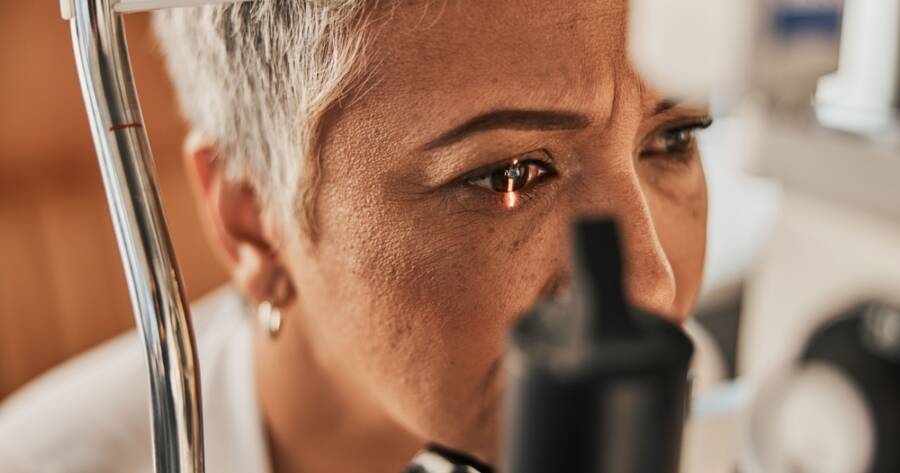Macular degeneration is a progressive eye disease that affects the macula, the central part of the retina responsible for sharp vision. It is the leading cause of vision loss in adults over 50, impacting millions worldwide. Understanding the causes, symptoms, and available treatment options is essential for early detection and management of this condition.
Causes of Macular Degeneration
While macular degeneration does not cause complete blindness, it significantly impairs central vision, making activities like reading, driving, and recognizing faces difficult. Macular degeneration is categorized into two main types:
- Dry (Atrophic) Macular Degeneration
- The most common form, accounting for about 90% of cases.
- Occurs when the macula thins over time, leading to gradual vision loss.
- Characterized by the accumulation of drusen, small yellow deposits under the retina that affect visual clarity.
-
Wet (Neovascular) Macular Degeneration
- Less common but more severe.
- Caused by the growth of abnormal blood vessels under the retina, leading to leakage and scarring.
- Can cause sudden and severe vision loss if left untreated.
Risk Factors
While the exact cause of macular degeneration remains unclear, several factors can increase the risk:
- Age: Most common in individuals over 50 years old.
- Genetics: A family history of macular degeneration increases susceptibility.
- Smoking: Significantly raises the risk by reducing oxygen supply to the retina.
- High blood pressure: Affects circulation to the eyes.
- Obesity and poor diet: A diet low in antioxidants and high in saturated fats can contribute to retinal damage.
- Excessive sun exposure: Prolonged exposure to ultraviolet (UV) light can harm the retina.
Symptoms of Macular Degeneration
Macular degeneration often develops gradually, with early symptoms that may go unnoticed. Common signs include:
- Blurry or distorted vision: Straight lines may appear wavy or bent.
- Dark or empty spots in central vision: Affects reading, facial recognition, and fine-detail tasks.
- Faded colors: Colors may appear dull or less vibrant.
- Increased difficulty seeing in low light: Night vision or transitioning between bright and dark environments may worsen.
What to Do If You Experience Symptoms
Early detection is crucial to slowing the progression of macular degeneration. If you notice any changes in vision, follow these steps:
- Schedule an eye exam: An ophthalmologist can perform a dilated eye exam and imaging tests to check for signs of macular degeneration.
- Adopt a healthy diet: Foods rich in omega-3 fatty acids, lutein, and antioxidants (such as leafy greens, fish, and nuts) support eye health.
- Quit smoking: Reduces the risk and slows disease progression.
- Monitor vision changes: The Amsler grid is a simple at-home tool to detect vision distortions early.
- Consider treatment options: While no cure exists, treatments like anti-VEGF injections for wet macular degeneration can slow vision loss.
Protecting Your Vision: Early Detection and Management of Macular Degeneration
Macular degeneration is a serious but manageable condition. Understanding the causes, symptoms, and treatment options can help individuals take proactive steps to protect their vision.
Regular eye checkups, lifestyle changes, and early intervention are key to preserving eyesight and maintaining independence as we age. By remaining vigilant, individuals can protect their eyesight from macular degeneration.

